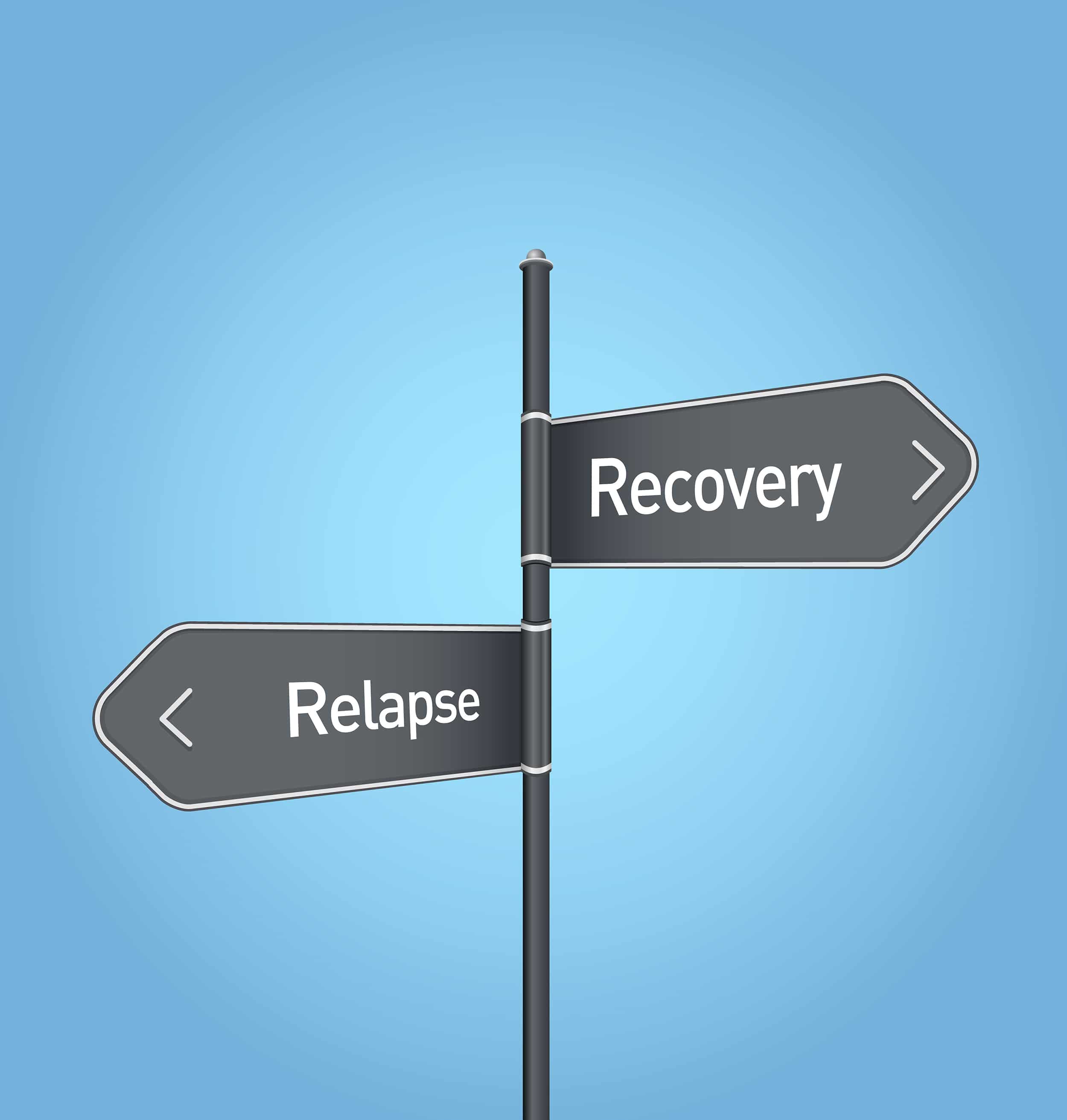Drug Rehabilitation Fundamentals Explained
Drug Rehabilitation Fundamentals Explained
Blog Article
All About Drug Rehabilitation
Table of ContentsThe 3-Minute Rule for Drug RehabilitationSome Known Facts About Drug Rehabilitation.Little Known Facts About Drug Rehabilitation.Indicators on Drug Rehabilitation You Need To KnowThe Single Strategy To Use For Drug Rehabilitation
This involves resolving the whole person to make sure that every one of the underlying causes and effects of the addiction are appropriately cared for and corrected. This offers people the tools they need for a full go back to a happy, healthy and balanced, substance-free life. Drug addiction "therapy" is a bit of a deceptive term it implies that individuals with dependencies are "all better" after they have received some type of therapy.Even people with years of effective recuperation need to continue to be conscious of their possibility for regression, and they must use the tools they found out in treatment to stop it. Words "recovery" additionally implies that a person is being fixed after misbehaving, which is consistent with society's stigma about dependency. Drug Rehabilitation. Component of the recovery procedure is for individuals with addictions, and their households, to learn that dependency refers biology and not morality
Transitioning from physical and psychological dependency to a healthy and satisfied method of living is a big adjustment. It is essential that the steps to drug rehabilitation be appropriately resolved during the medicine rehabilitation procedure. There are four stages of addiction healing: Dependency analysis is a particularly critical component of the rehabilitation procedure.
This belongs to the underlying psychology of dependency, and it reinforced by concerns of arrest for property and judgment from friends and family. The analysis procedure calls for getting depend on and appearing that deceptive nature. The individual demands to determine which substances were made use of and the extent of their material use.
Not known Facts About Drug Rehabilitation

For lots of people with addictions, concern of withdrawal is a major barrier to leaving their dependency, and that fear keeps them from even attempting. Withdrawal and drug detox do not have to be an awful experience.
For most people with substance dependency, their compound use is no much my explanation longer regarding obtaining high. Medicine rehabilitation is the procedure where the deep problems around the dependency are recognized and resolved.
What Does Drug Rehabilitation Do?
Rather, it can be claimed that rehab is the process of exploration, while what happens later is recuperation. The addicted mind commonly begins to believe particularly after an amount of time in abstinence that it is OK to try alcohol consumption or using compounds once more. However, this seldom functions, and the vast bulk of individuals that try drinking or making use of drugs once more will rapidly wind up where they were before.

Sober living homes are a particularly reliable technique to aftercare when a person is discharged from rehab. Individuals and their households ought to talk about these options with their therapists while still in rehabilitation. There are various sorts of therapy for addiction, based on the degree of care supplied. When picking the level of therapy, the selection ought to be based upon what will offer the private the very best possibility of success in recuperation not on what the individual wishes to do.
This is a bad combination, as it pushes many individuals to believe that they can quit making use of medications or alcohol consumption on Get the facts their own. Therefore, they may hesitate to see and admit that they require a greater level of care, such as inpatient rehab. Cleansing from a compound is not the very same as therapy for material dependency.
Drug Rehabilitation Can Be Fun For Everyone
Throughout the procedure of medicine detoxification, people's minds are muddled and they really feel literally and mentally sick. They are not receptive to any sort of therapy or treatment till their minds clear and they are really feeling better. Also though medical detox makes the procedure much simpler, it is look at this site best to initial concentrate on making it through the entire detoxification process prior to taking additional steps.
Like inpatient therapy, household therapy provides the therapeutic result of getting rid of individuals from their dysfunctional way of living and setting and putting them in safe, healthy surroundings. This enables them to reorient their lives and assumed processes while concentrating on distraction-free recovery.
Individuals get therapeutic services on-site during the day, but go home or to a sober living center at night. The strength of the daytime therapy will depend on private needs and the programs offered at the outpatient facility. The majority of individuals with severe addiction will likely have far better end results in inpatient therapy and rehab.
The 8-Minute Rule for Drug Rehabilitation
Long-lasting property treatment programs usually use a restorative approach referred to as the healing area (TC). This is a technique to re-socializing individuals whose dependency has actually seriously influenced their capability to suit society. These consist of people with significant criminal actions, individuals who are homeless, adolescents and individuals with severe mental health and wellness disorders.
Report this page